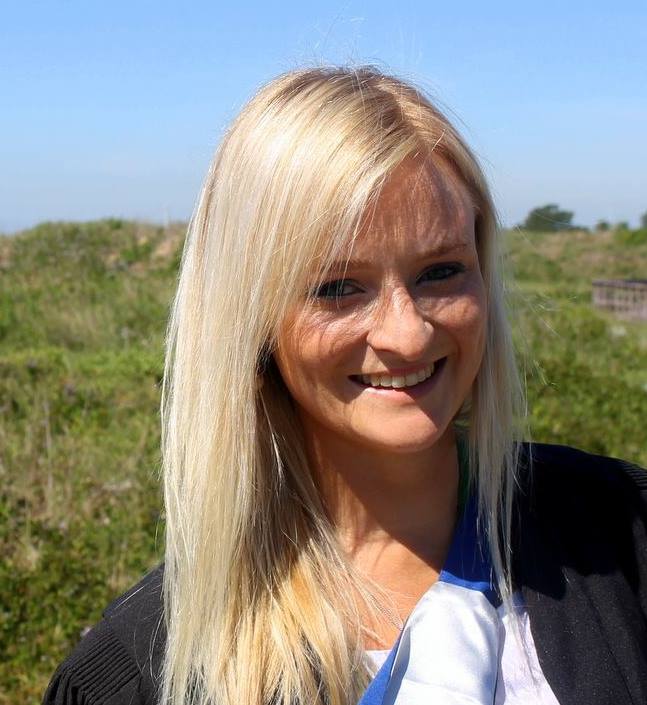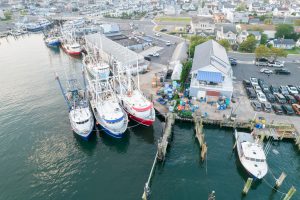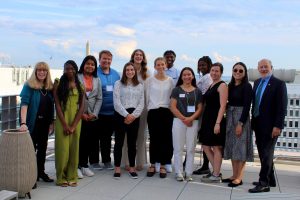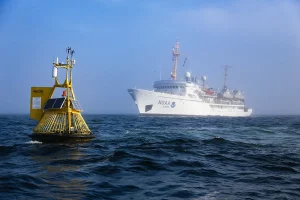Wednesday, September 20th, 12pm ET
Ocean acidification is a hot topic in the science community which is focusing more and more research into understanding this complex chemical phenonmenon and its impacts on our marine resources. Even though our scientific understanding of ocean acidification is in its early stages, the need to engage the non-science community on this topic is greater than ever to ensure that we can manage and adapt to its consequence on our communities in a proactive way. It is essential that our understanding of ocean acidification develops concurrently and that we recognise the mutual need to investigate, understand and manage this phenomenon that is occurring on a global scale. This webinar focused on a personal experience with mobilising citizen and professional science in South Africa by means of a continentally co-ordinated event on World Ocean Day 2017. It highlighted the methods of engagement with both the science and non-science community as well as present the various challenges and lessons learnt from this experience.
Please email noaa.oceanacidification@noaa.gov to request access to the video recording and slides from this presentation.
About the speaker: Carla is a PhD. Candidate at South African Institute of Aquatic Biodiversity (SAIAB). Se has served as coordinator for the Aquatic Eco-physiology Research Platform, which facilitates the climate change research for students at SAIAB and Rhodes University. Carla’s work work focuses on broader approach to the effects of climate change on fishes, particularly those that serve as valuable resources in South Africa, with ocean acidification remaining the focal point.






